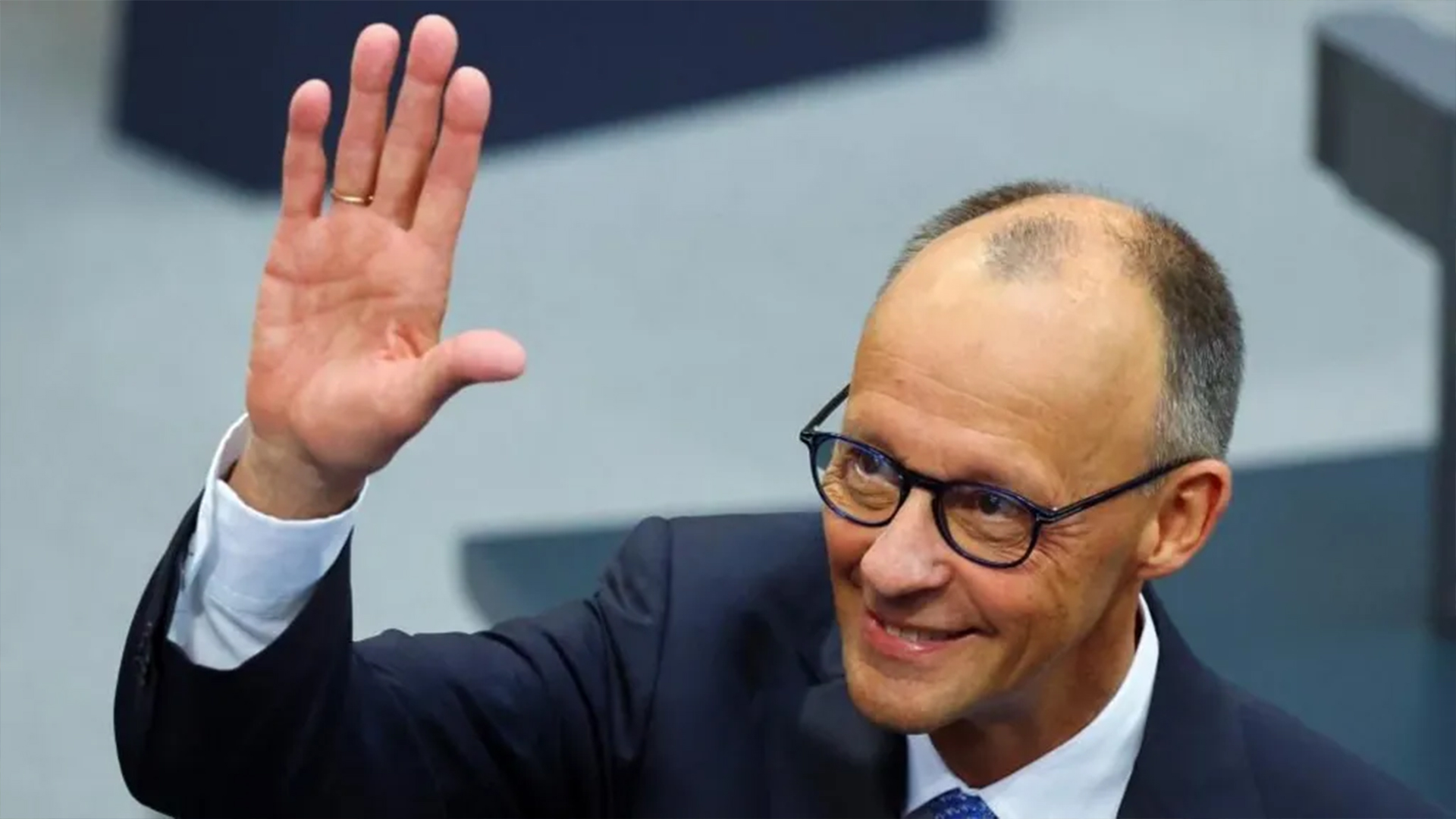BY BBC| Germany’s conservative leader has unexpectedly fallen short of a majority in a parliament vote to become chancellor.
Friedrich Merz needed 316 votes in the 630-seat Bundestag but only secured 310, in a significant blow to the Christian Democrat leader, two and a half months after winning Germany’s federal elections.
Also Read
Conclave Staff Take Oath Of Secrecy Ahead Of Pope Selection
Nalukoola’s Team Seeks To Reintroduce Retracted Testimony
National ID Renewal Kicks Off With Pilot Phase Ahead Of May 27 Nationwide Rollout
YY Coach UAV 701C Crashes And Goes Able Along Buikwe
Trent Alexander-Arnold Confirms Liverpool Exit, Set To Join Real Madrid On Free Transfer
High Court Dismisses Charges Against The 36 PFF Leaders Arrested In Kisumu Kenya
His coalition with the centre-left has enough seats in parliament but it appears 18 MPs who had been expected to back him dissented. Merz’s failure in the first vote is seen as unprecedented in modern German history.
The Bundestag will now have another 14 days to choose either Merz or another candidate as chancellor.
Under Germany’s constitution, there is no limit to how many votes can be held, but ultimately if no absolute majority is reached then a candidate can be elected without one.
No further votes were expected until at least Wednesday, although the Bundestag was due to reconvene at midday (10:00 GMT) amid a prevailing mood of confusion.
Merz’s defeat is seen by political commentators as a humiliation, probably inflicted by members of the Social Democrat SPD, which signed a coalition deal with his conservatives on Monday.
Not everyone in the SPD is happy with the deal, but the historic nature of Merz’s failure will be difficult for him to move on from. No candidate has failed in this way since 1949.
The embarrassment of Tuesday’s vote undermines Merz’s hopes of being an antidote to the weakness and division of the last government, which collapsed late last year.
Far-right party Alternative for Germany which came second in the February election with 20.8% of the vote seized on his failure. Joint leader Alice Weidel wrote on X that the vote showed “the weak foundation the small coalition has been built between the [conservatives] and SPD, which was rejected by voters”.
Also Read
Katumba Wamala Admits To Crisis In Uganda’s Road Network
“I was Electrocuted Five Times A day Since My Arrest,” Eddie Mutwe Tells Lawyer
EC Extends Voter Register Display To 620 Delayed Polling Stations
Uganda Opens Passport Office In Riyadh To Serve Growing Diaspora
Eddie Mutwe Limped Into Court After Week In Muhoozi’s Custody
Museveni Calls Off Cabinet Meeting To Focus On NRM Village Elections
Germany’s handover of government is carefully choreographed. On the eve of Monday’s vote, outgoing chancellor Olaf Scholz was treated to a traditional Grand Tattoo by an armed forces orchestra.
Merz, 69, was expected to win the vote and then visit President Frank-Walter Steinmeier to be sworn in, fulfilling a long-held ambition to become German chancellor.
His rival and former chancellor Angela Merkel had come to the Bundestag to watch the vote take place.





